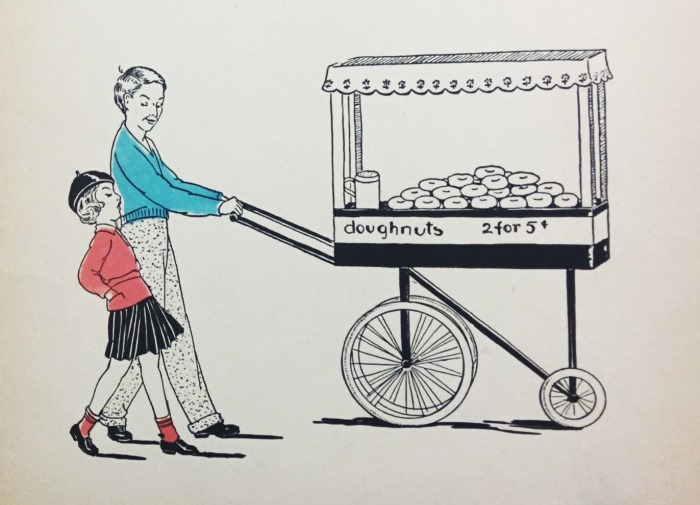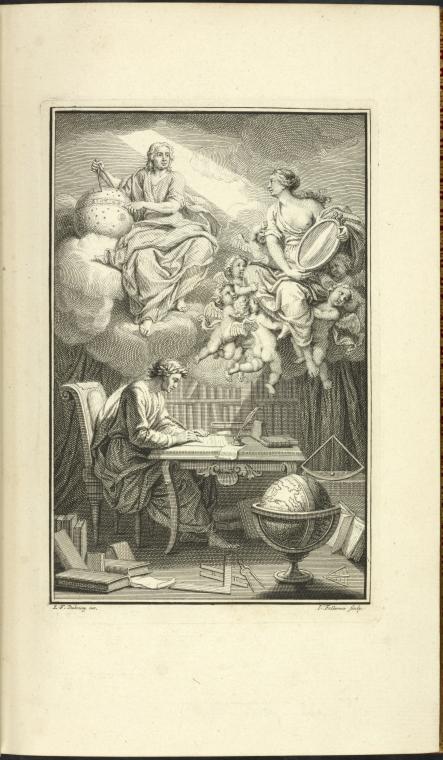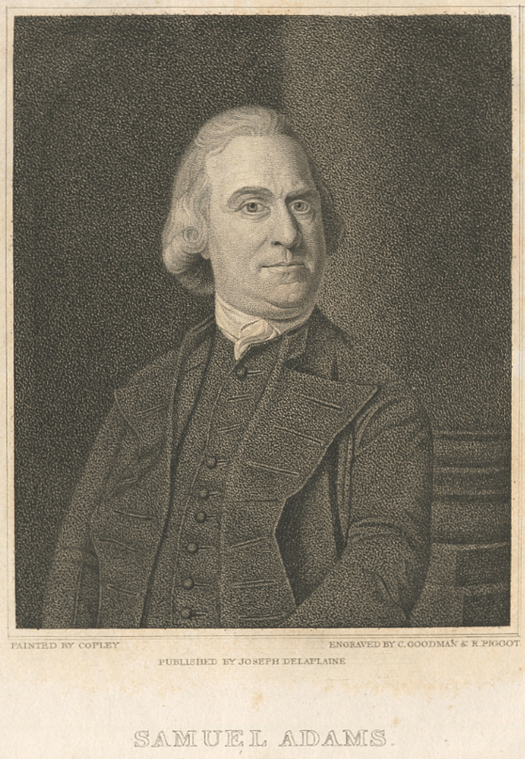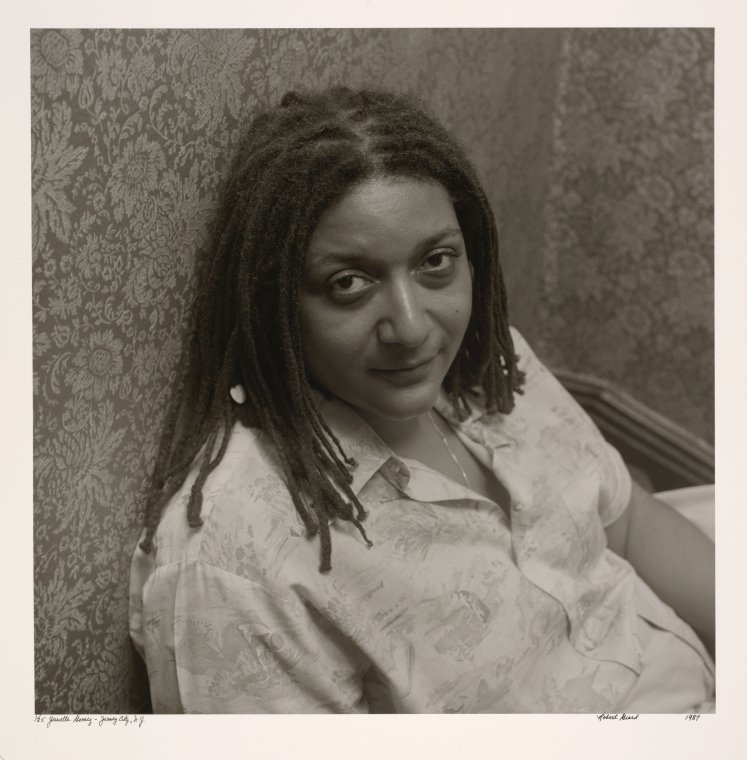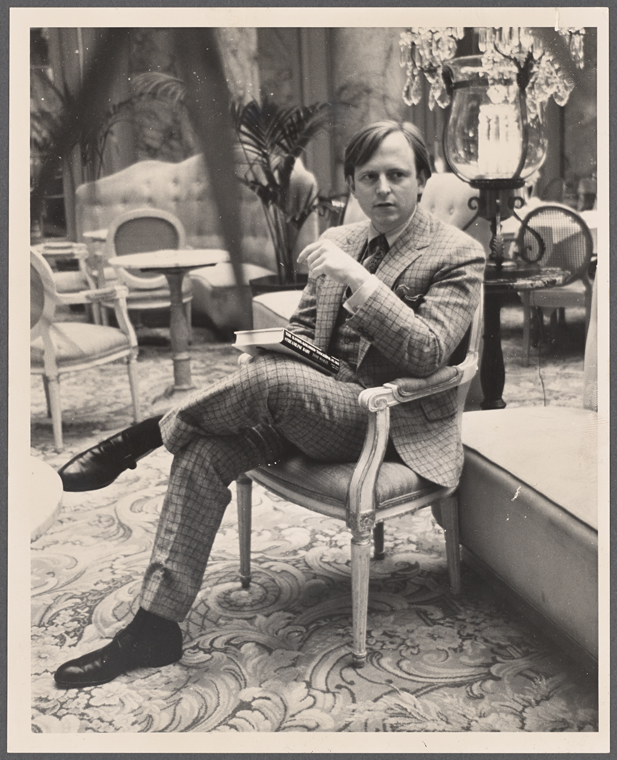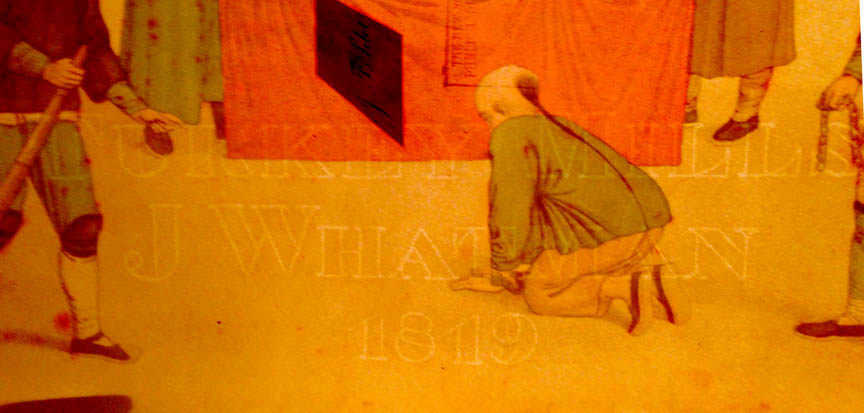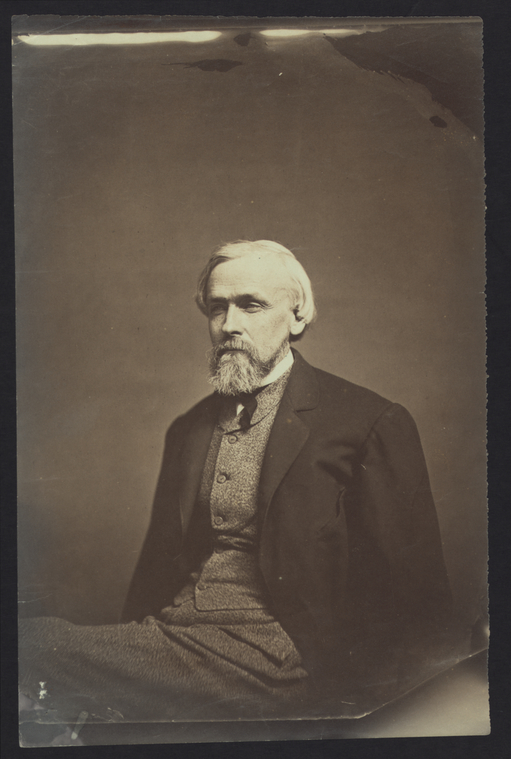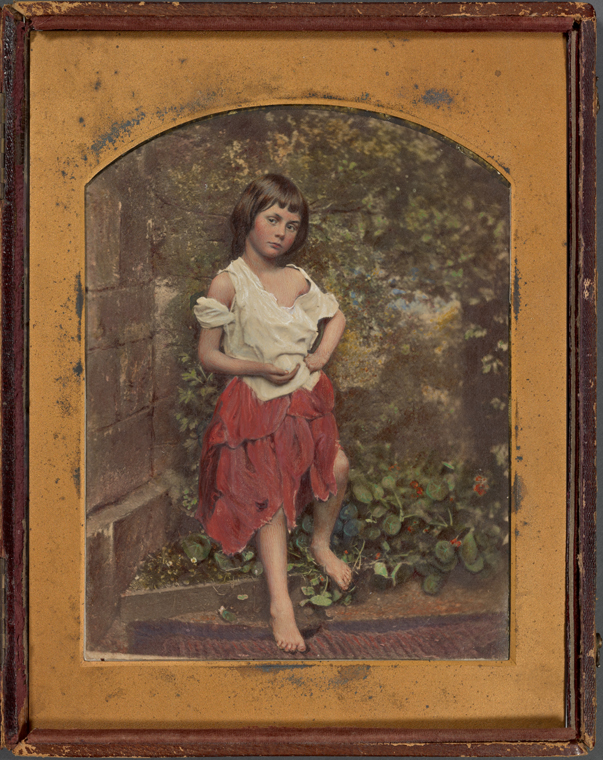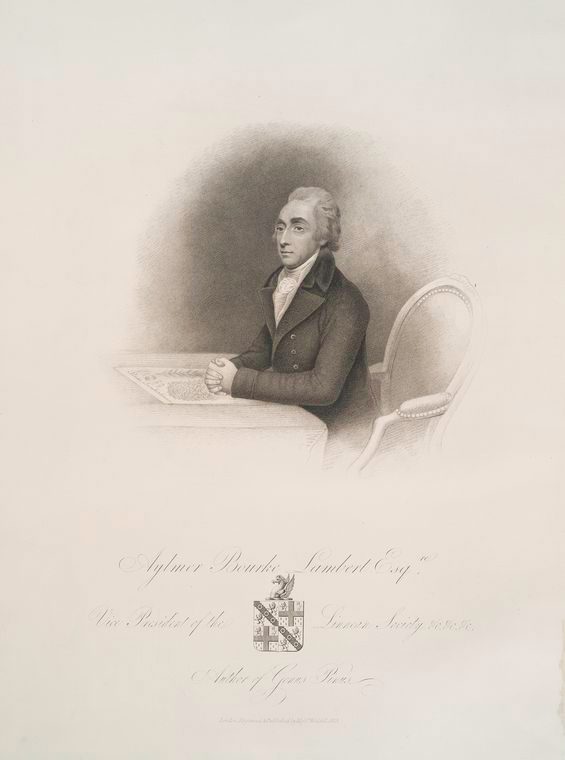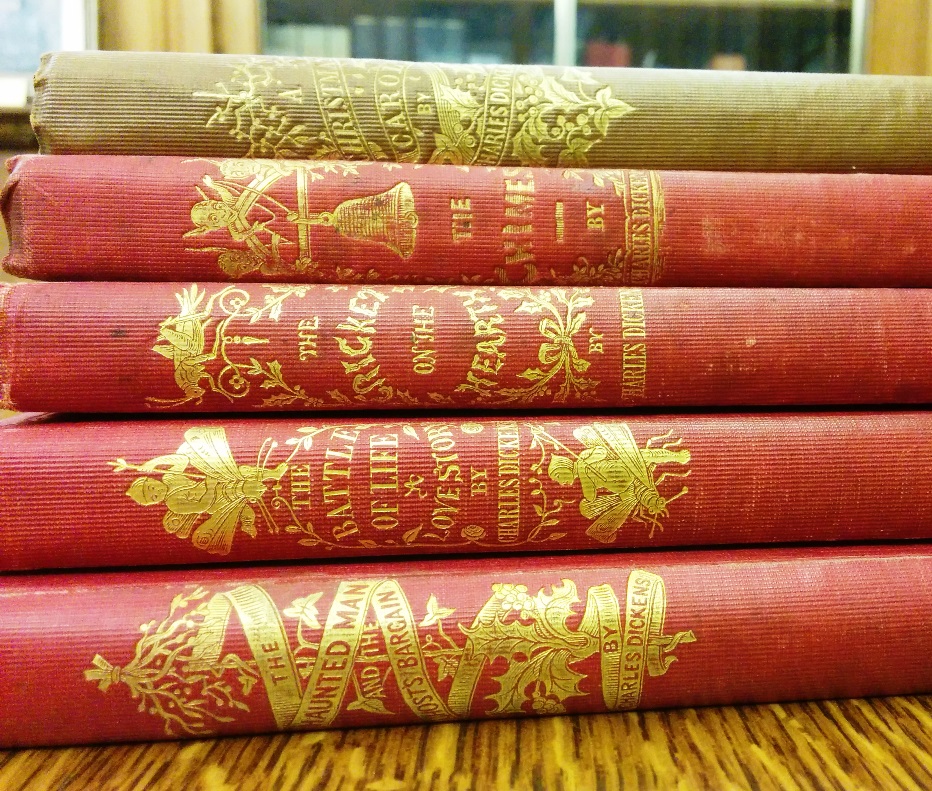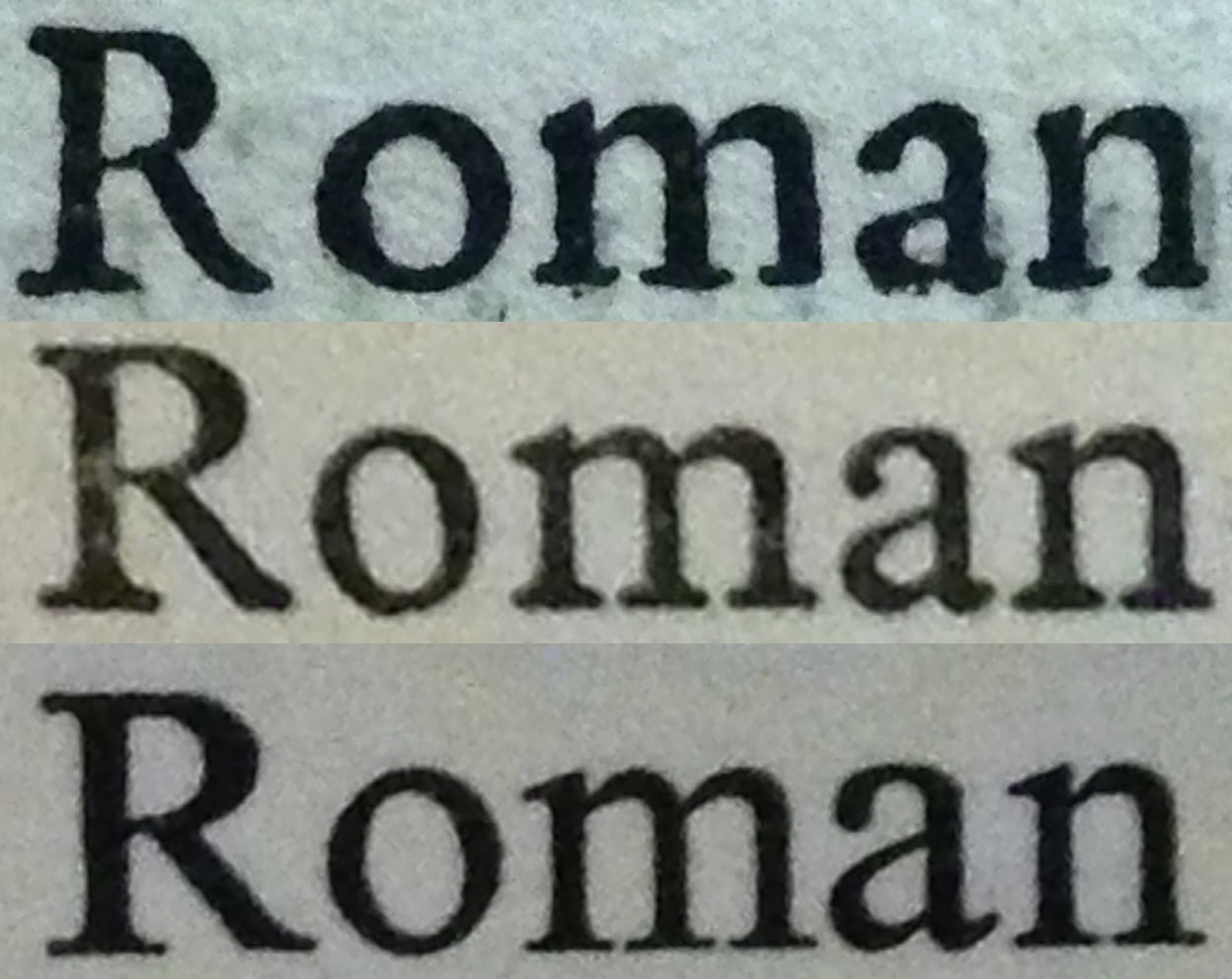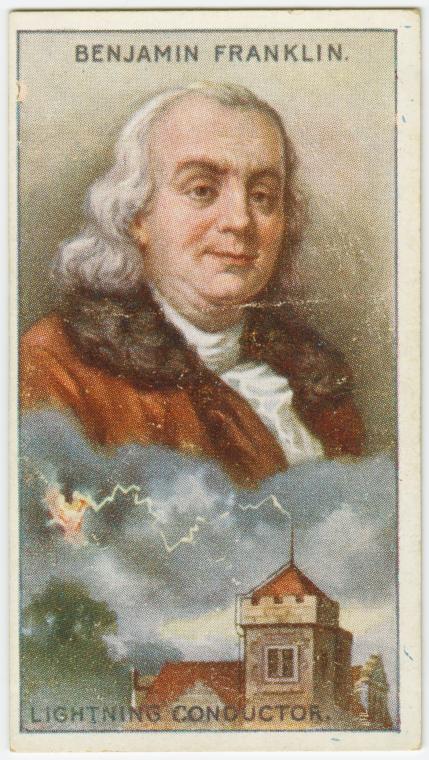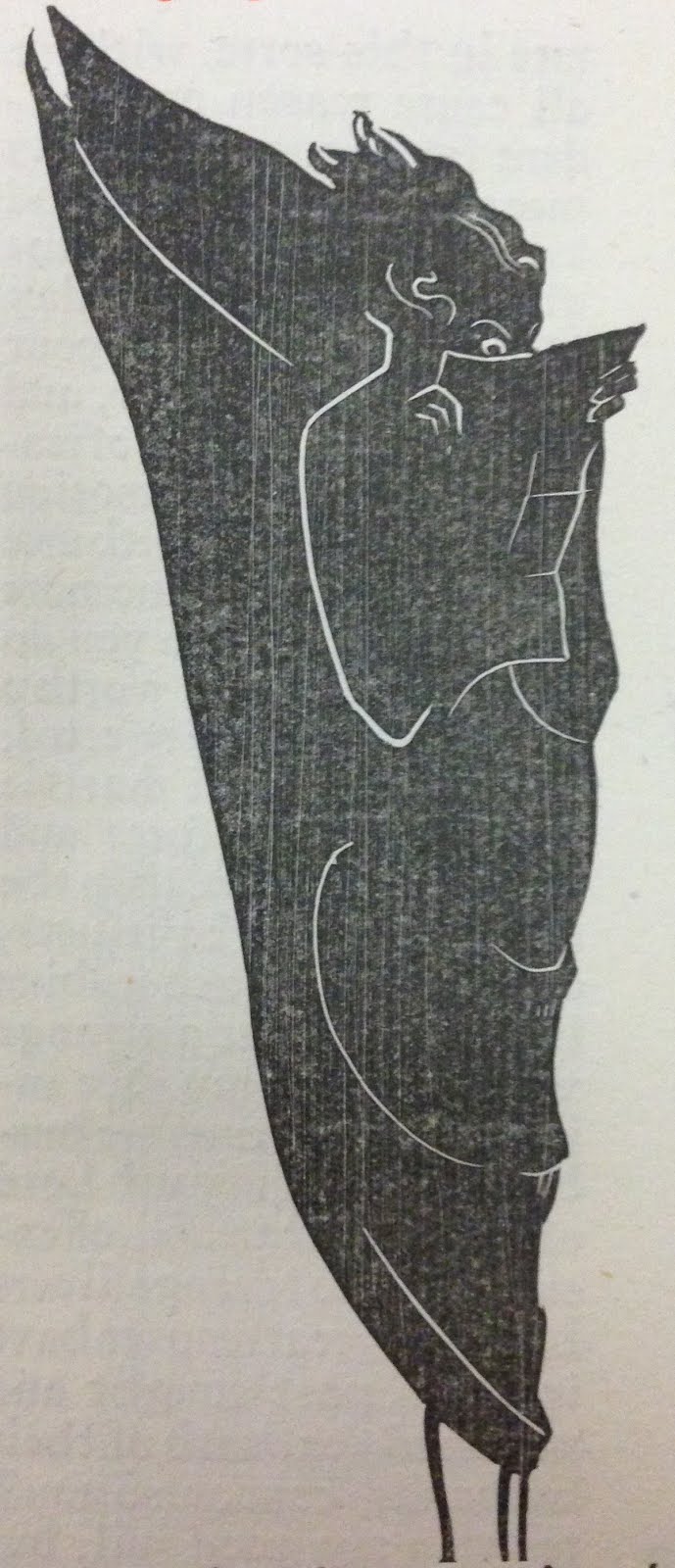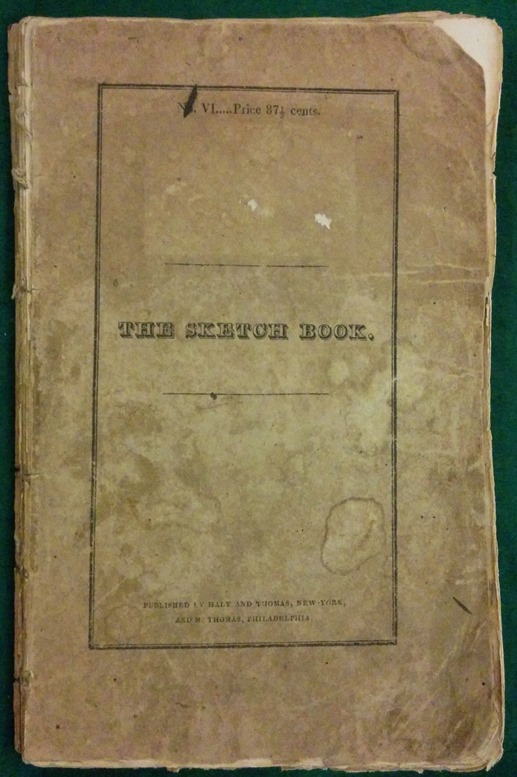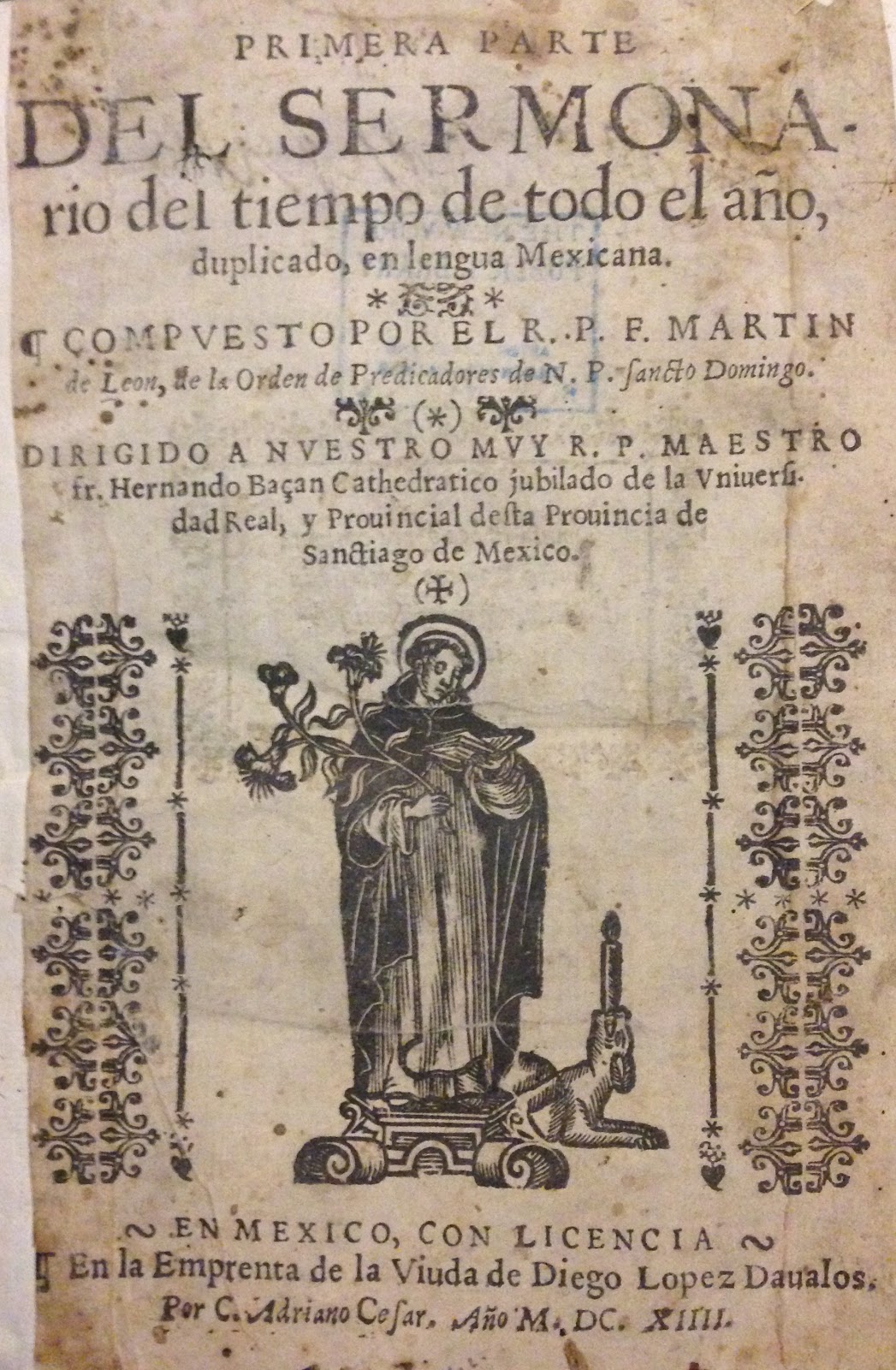The Union Remembers Lincoln
by Meredith Mann, Manuscripts and Archives Division, Stephen A. Schwarzman Building
April 6, 2015
Upon learning of the president’s death, the nation responded with shock, confusion, outrage, and sorrow. This tumultuous period was captured by the printing and photography of the time: both in immediate ephemera and later, more contemplative works.
30 Days of Poetry: A Kid's Eye-View of WPA-Era New York City
by Jessica Pigza
April 1, 2015
The Doughnut Boy and Other Poems offers a glimpse of New York City through the eyes of a sassy little beret-wearing, doughnut-loving, public-transit-taking, library-visiting child.
Madame du Châtelet and Fighting the Invincible Force
by Meredith Mann, Manuscripts and Archives Division, Stephen A. Schwarzman Building
March 26, 2015
Madame du Châtelet was a French noblewoman of the Enlightenment who came from a wealthy family, married into a position of prominence, raised several children, and studied as a member of the Republic of Letters. However, in her native France, the Academy of Sciences, universities, and many intellectual gatherings excluded women. She was forced to pursue a path of independent study.
The Rope Maker of Boston and Samuel Adams
by Amelia Carlin
March 4, 2015
In 1797, Isaac Davis, a rope maker of Boston officially had his name changed. To help him stand out from the crowd of other Isaac Davises, he added a ‘P’ to his name as a middle initial: Isaac P. Davis.
Black Life Matters Feature of the Week: Epistolary Lives
by Candice Frederick
February 26, 2015
Curator Steven G. Fullwood discusses the importance of handwritten letters, an intimate component of our newest exhibition, Curators' Choice: Black Life Matters.
Love Letters 101: Epistolary Lessons from Rare Books
by Meredith Mann, Manuscripts and Archives Division, Stephen A. Schwarzman Building
February 12, 2015
Universal letter-writers were guidebooks meant to teach young men and women the art of writing and speaking fluently on a variety of subjects—including love.
The Archive in the White Suit: The Tom Wolfe Papers Now Open
by Weatherly Stephan, Manuscripts and Archives Division, Stephen A. Schwarzman Building
February 10, 2015
The collection, which was acquired by The Library in 2014, fills over 200 boxes and will be a vital resource for the study of Wolfe's writing process, his journalism-based research methods, and the creation of his hugely successful works.
Beyond the Title Page: Watermarks, Colophons, and Publishing Dates
by Doris Straus
February 9, 2015
What started as a simple comparison of beautifully illustrated books on fashionable dress, trades’ dress, and ethnic costume held in both the Art and Architecture Collection and the Rare Book Division turned into an open-ended bibliographic exercise with many rabbit holes to get lost in.
Short-Term Research Fellowship: Evert A. Duyckinck's Social Network
by Summar Sparks, Short-Term Research Fellow
January 30, 2015
A look at the papers of two brothers who were at the center of New York publishing in the mid-1800s.
Glimpses of Alice
by Meredith Mann, Manuscripts and Archives Division, Stephen A. Schwarzman Building
January 21, 2015
To celebrate Lewis Carroll’s upcoming birthday—and my un-birthday!—let’s venture down the rabbit hole to explore depictions of Alice, his most famous creation, here at the library.
Aylmer Bourke Lambert and the Most Princely of Pines
by Jessica Pigza
December 30, 2014
Evergreens, pines, conifers. As the year draws to a close, many of us have welcomed these needly trees into our homes as part of long-established Christmas tradition. But before this tradition took root in England (via Germany), one Englishman devoted his life all throughout the year to the genus Pinus.
Charles Dickens and His Christmas Stories
by Jessica Pigza
December 18, 2014
A Christmas Carol continues, year after year, to be reworked, adapted, dramatized, enjoyed at home, and read in public settings. Perhaps less familiar are the dozens of Christmas stories that Charles Dickens penned in the twenty-five years that followed its publication.
A Birthday Huzzah for Mr. Ford Madox Ford
by Meredith Mann, Manuscripts and Archives Division, Stephen A. Schwarzman Building
December 16, 2014
December 17 marks British author, editor, and all-around literary icon Ford Madox Ford’s 141st birthday. To celebrate the occasion, I explored his writings in the Rare Book Division—and found some fascinating glimpses into his life and work.
Where Did Times New Roman Come From?
by Meredith Mann, Manuscripts and Archives Division, Stephen A. Schwarzman Building
December 9, 2014
It’s so ubiquitous that we take it for granted, but this super-typeface has its own origin story.
Ben Franklin on Cooking Turkey... with Electricity
by Meredith Mann, Manuscripts and Archives Division, Stephen A. Schwarzman Building
November 24, 2014
The options for cooking a turkey are seemingly endless, but leave it to founding father Benjamin Franklin to invent one more — electrocution.
From Stage to Page with the Cranach Press's Hamlet
by Meredith Mann, Manuscripts and Archives Division, Stephen A. Schwarzman Building
November 14, 2014
The Cranach Press enlisted the help of an international stable of artists and scholars to produce hand-made books that doubled as works of art. My favorite is an edition of Hamlet based on the text of Shakespeare’s Second Quarto.
Imagining Ichabod Crane: Illustrated Editions in Rare Books
by Jessica Pigza
October 30, 2014
While the initial printing of the Legend of Sleepy Hollow contained no illustrations, the tale has since inspired many artists to create works evoking the strangely funny but frightful events in the story.
Medium Rare: Ghostly Stories from Rare Books
by Meredith Mann, Manuscripts and Archives Division, Stephen A. Schwarzman Building
October 30, 2014
On Halloween, we pull back the curtain between real and unreal, reveling in the spooky, mysterious, and inexplicable. What better way to celebrate the holiday than communing with the spirits and ghosts who reach out to us from the pages of the Rare Book Division?
Happy Birthday, Moby-Dick!
by Jessica Pigza
October 17, 2014
In honor of the White Whale’s birthday, I have decided—like Herman Melville’s own sub-sub-librarian—to share “a glancing bird’s-eye view of what has been promiscuously said, thought, fancied, and sung of Leviathan” since Moby-Dick’s first appearance in 1851.
Journey to the Center of the Library: Rare Books and Provenance
by Meredith Mann, Manuscripts and Archives Division, Stephen A. Schwarzman Building
October 8, 2014
Columbus’s voyage made me think of the voyages our books take before arriving on the shelves of the New York Public Library. Who printed it? Who owned it previously? From whom did we buy it? Researchers are often interested in these questions, which all attempt to uncover a book’s provenance. In the Rare Book Division we look for clues, both within the book and in secondary sources, to answer questions of provenance and understand a book’s complete voyage.
 With your library card, it's easier than ever to choose from more than 300,000 e-books on SimplyE, The New York Public Library's free e-reader app. Gain access to digital resources for all ages, including e-books, audiobooks, databases, and more.
With your library card, it's easier than ever to choose from more than 300,000 e-books on SimplyE, The New York Public Library's free e-reader app. Gain access to digital resources for all ages, including e-books, audiobooks, databases, and more.